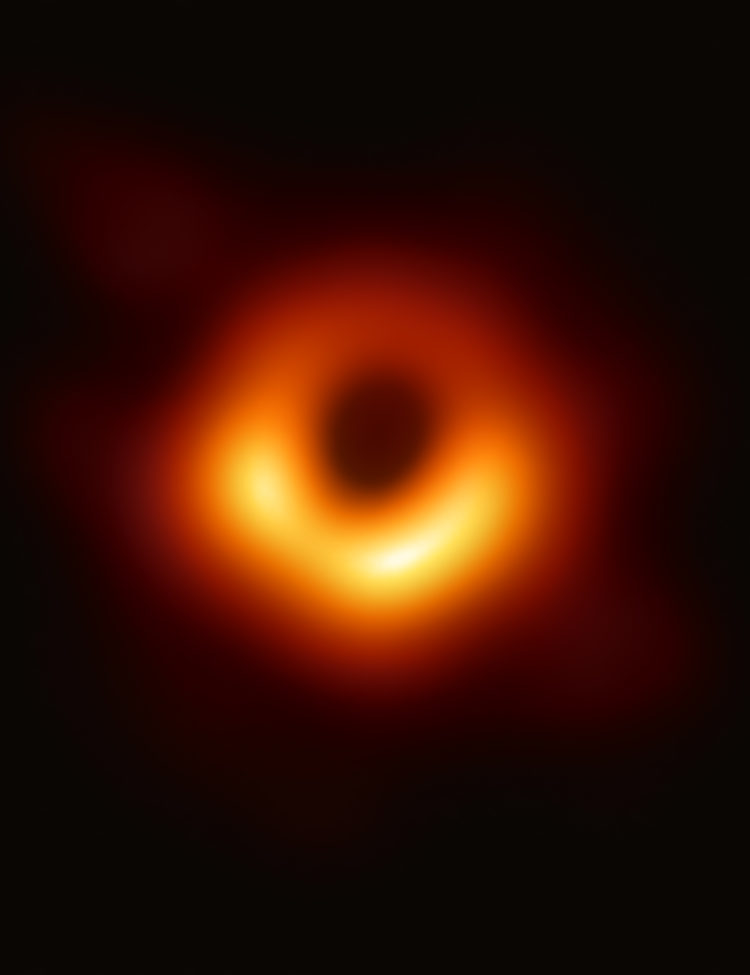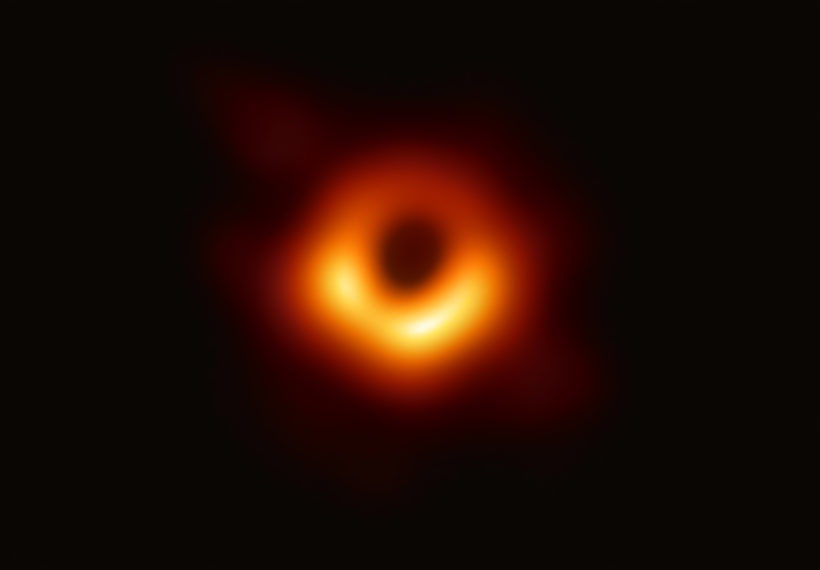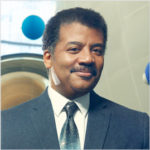About This Episode
Can black holes alter light speed? Is astrophysics the Meryl Streep of the Nobel Prize in Physics? On this episode of StarTalk Radio, Neil deGrasse Tyson and comic co-host Chuck Nice answer your fan-submitted Cosmic Queries about black holes and the 2020 Nobel Prize in Physics with the help of their guest, Janna Levin, professor of physics and astronomy at Barnard College of Columbia University. Janna is also the Director of Sciences at Pioneer Works in Brooklyn, NY and happens to be one of our former StarTalk All-Stars hosts.
We start with the history of physicists who have won the Nobel Prize for black holes, such as Roger Penrose, Andrea Ghez, and Reinhard Genzel. How do three people split the Nobel Prize? (More importantly, who keeps the medal?!)
We learn how Penrose used ingenious methods to prove a general prediction of the theory of relativity. Janna breaks down how Ghez and Genzel studied stars for two decades to determine that there is a supermassive black hole at the center of the universe.
Then, we answer your fan-submitted Cosmic Queries! If a black hole has the gravitational pull to affect light, does it then slow the light down? Does antimatter alter the size of a black hole? And can black holes tell us anything about the age of nearby stars?
Lastly, we investigate singularities, Einstein’s Theory of Relativity versus Newton’s Laws of Physics, and why Nobel Prizes are so important to the growing interest in astrophysics for future generations.
Thanks to our Patrons Sand McUnicorn, Marcus Guerra, Loren Kimble, Mahmoud Hayat, Rupert Thomas, Elliot T Rauba, Byron J Reid, and J Ayala for supporting us this week.
NOTE: StarTalk+ Patrons can watch or listen to this entire episode commercial-free.
About the prints that flank Neil in this video:
“Black Swan” & “White Swan” limited edition serigraph prints by Coast Salish artist Jane Kwatleematt Marston. For more information about this artist and her work, visit Inuit Gallery of Vancouver.




 Unlock with Patreon
Unlock with Patreon


 Become a Patron
Become a Patron